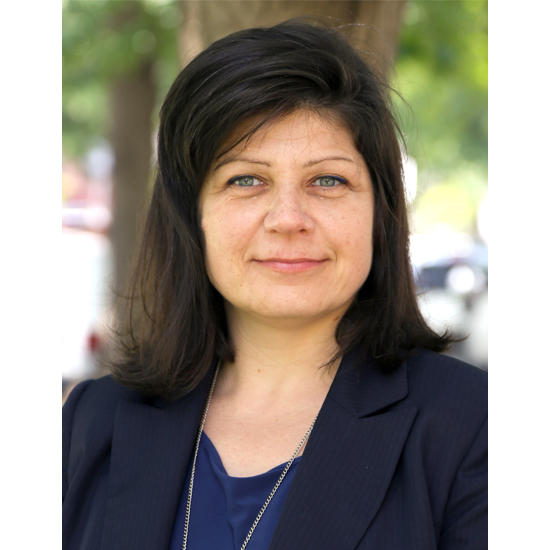
06 Jul HRH2030 Director’s Digest: July 2021
July 2021: Highlighting Equity, Quality, and Resource Mobilization
Dear Colleagues,
With USAID’s emphasis on equity, quality, and resource optimization as critical outcomes for health systems, along with local and world events that continue to illustrate glaring inequities within the global community, the HRH2030 global team has been analyzing our six years of work through these lenses. This month’s newsletter contains stories that reflect each of these principles.
USAID’s Director of Health Systems Kelly Saldaña spoke at our Health Workforce of the Future event a few weeks ago, and talked about equity in two senses: ensuring that the health workforce is representative of the population it serves, and ensuring that health care is accessible and available to all people who need it. Our story, Standardizing Health Care Worker Lay Cadres Begins in Malawi, highlights how Malawi is ensuring that the community- and facility-based HIV workforce, which is largely not represented in the formal health system, will be better recognized and integrated into the government’s health workforce. This is a key step in creating efficiencies and optimizing resources, as well as in ensuring that community-based health workers are treated equitably when in the future they are transitioned into the government system. Bravo, Malawi! And, with our HRH2030 Malawi activity ending this month, I also want to recognize my colleague Grace Namaganda, who has led our work in Malawi over these past four years. Bravo, Grace!
The community-based health workforce was also one focus of HRH2030 Mali, which wound down its activities at the end of 2020. We’re acknowledging their contributions to a stronger health system in this story, Celebrating HRH2030 Mali: Key Achievements in Strengthening Human Resources for Health. Our Mali team’s partnership with USAID Mali and the Ministry of Health and Social Development, took an approach that emphasized continuous quality improvement for health service delivery, as well as empowering communities to advocate for their own health needs. The results: More people in rural communities received health care, with quality services provided to more than 2 million women and 1.5 million children. Celebrate our team’s legacy with us by reading this story. I also want to thank our consortium partner, University Research Company (URC), for their many contributions to the success of this work.
Our last story in this issue, Achieving a Milestone toward Global Health Security in Côte d’Ivoire, looks at how the country is improving prevention, detection, and response to disease threats within its borders, while also contributing toward a world that prioritizes global health security. Prioritizing national and global health is a multi-sectoral effort, one that requires resource optimization to address myriad emerging diseases and local, regional, and national health emergencies. USAID has provided substantial support to move the needle forward on the One Health approach, and we’re proud to be supporting this work.
Before I close, I want to thank the hundreds of people who attended one, two, or all three events in our HRH2030 End-of-Program Legacy Series over the past few months. It has been great to see so many people interested in exploring the importance of human resources for health.
Best,
Wanda Jaskiewicz
Project Director, HRH2030






